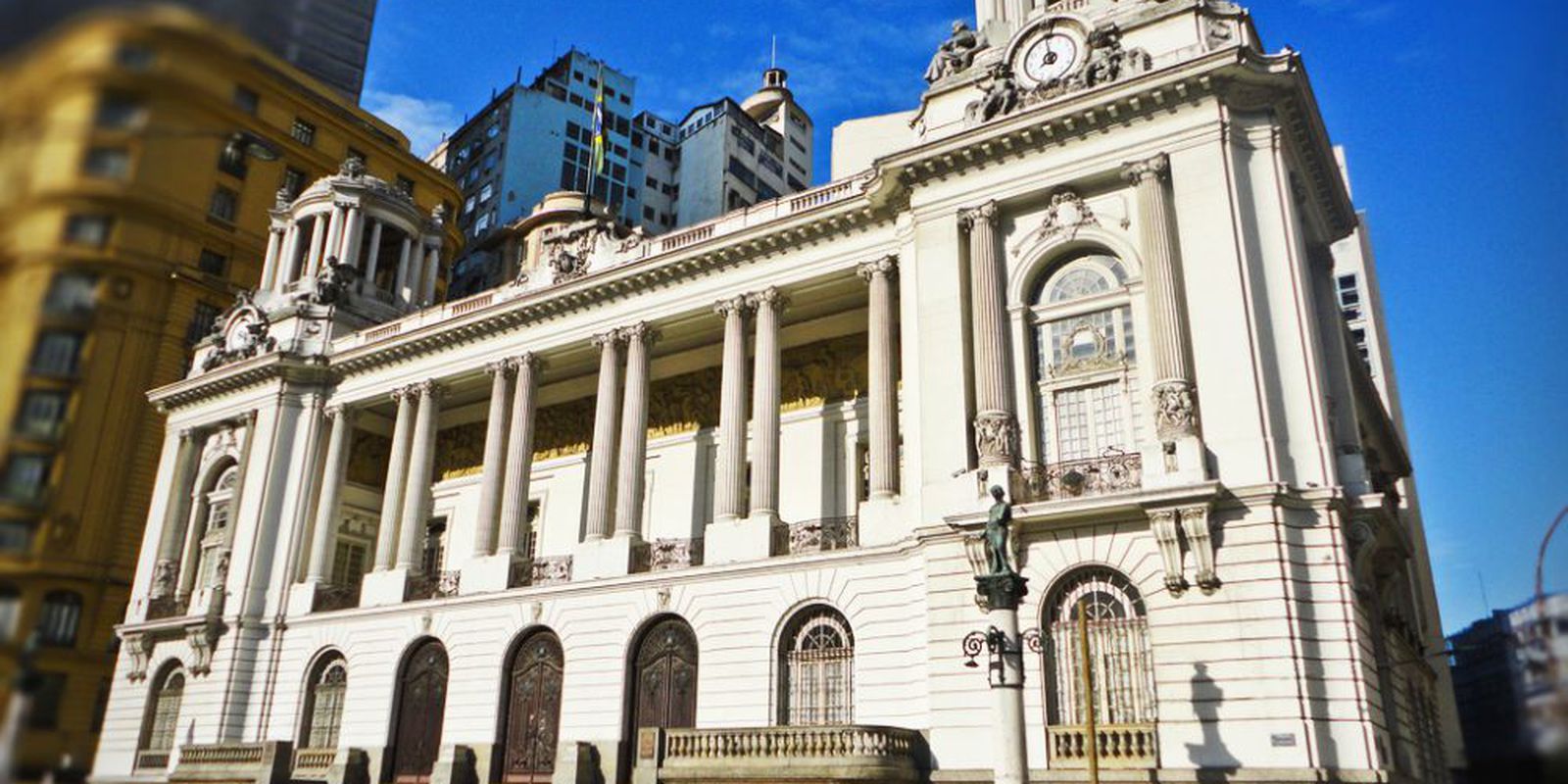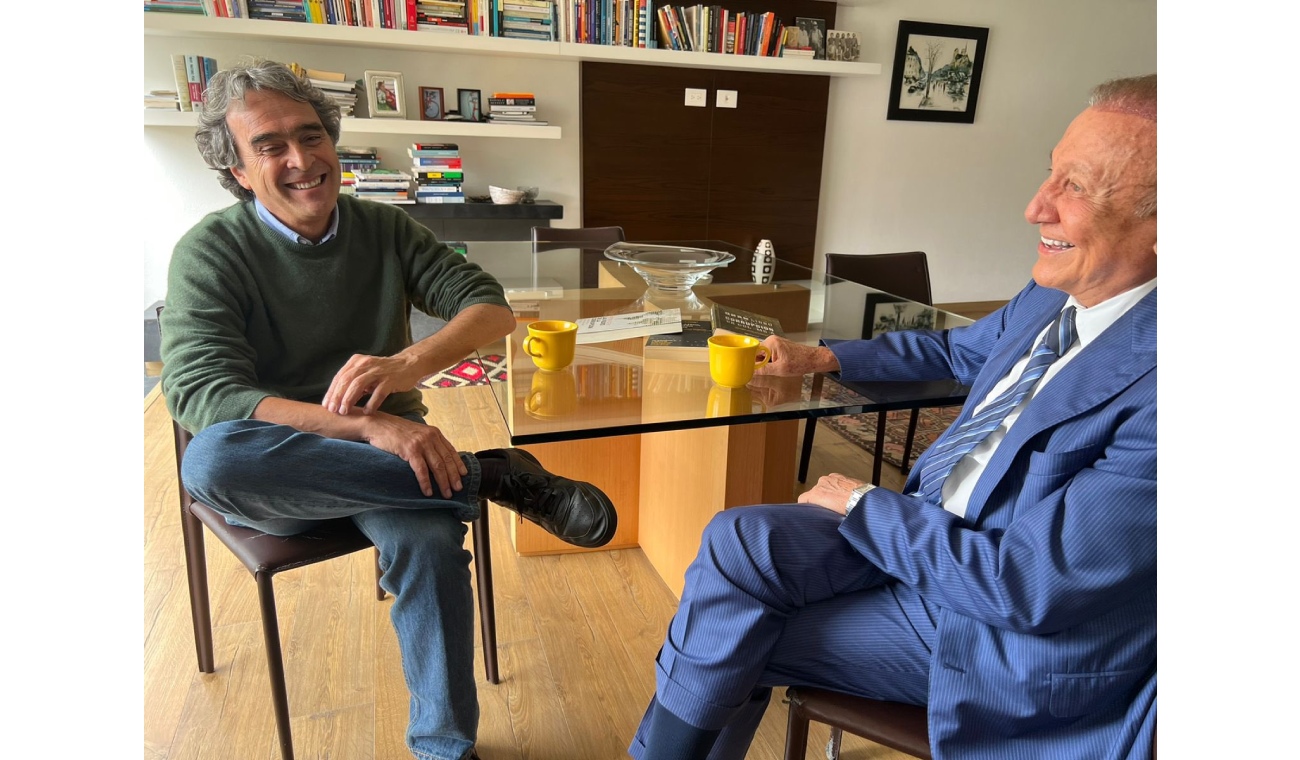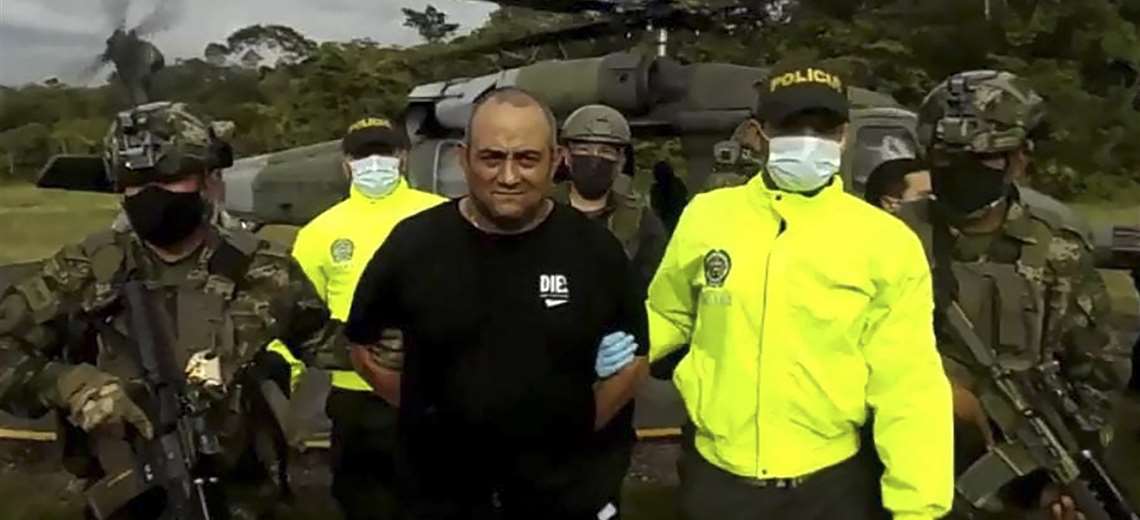The Justice and Writing Committee of the Rio de Janeiro City Council today (9) denied an appeal by councilor Gabriel Monteiro (PL) and will continue the process that could lead to the cancellation of the parliamentary mandate. Monteiro’s defense filed the appeal last week to stop the process. He is the target of allegations of sexual and moral harassment, rape and manipulation. The allegations were revealed in a report on the program. Fantasticfrom TV Globo, at the end of March.
Third most voted councilor in the city, Monteiro denies all the accusations.
the councilor went notified on the last day 25 on the process in the Council of Ethics and Parliamentary Decorum of the City Council of Rio de Janeiro. On the 26th, the period of ten working days began to be counted for him to present a prior written defense and documentary evidence. The deadline for the defense ends today.
Pending
On April 5, unanimously, the seven members of the Council of Ethics and Parliamentary Decorum of the Municipality of Rio de Janeiro decided to present representation with a request to revoke Monteiro’s mandate. The representation of the Ethics Council is then addressed to the Board of Directors of the House, which analyzes its formal requirements and forwards it, within three working days, to the Justice and Writing Committee.
Upon receiving the representation, the Justice and Writing Committee analyzes, within five working days, whether the procedural document contains any legal defects. If the representation is accepted by the majority of its members, the Justice and Writing Committee forwards it to the Ethics Council.
The Ethics Council then draws a rapporteur, who cites the represented councilor, within five days. The rapporteur opens a period of ten working days for the councilor to present a written defense and evidence. This is the stage in which the process is.
Once the defense is presented, the investigation phase of the case begins, for a period of up to 30 days, extendable for another 15 days. Once the investigation is completed, the rapporteur gives an opinion within five working days, concluding that the representation is valid or that it is archived. If the opinion is based on the merits of the complaint, a period of five days is opened for the presentation of final arguments by the defense of the accused.
The rapporteur’s opinion is submitted to the Ethics Council for deliberation within five working days, being considered approved if it obtains an absolute majority of the votes of its members.
Once the process in the council has been completed, with a favorable opinion on the complaint, the process is forwarded to the Board of Directors and included in the Agenda. The punishment is decided in an open vote in the plenary, with the right to speak by the parliamentarians and the defense during the session, decided by two thirds of the councilors (34 votes) in case of cassation or absolute majority in case of suspension.









